Malocclusion, or an improper bite, can be due to abnormalities in the teeth or jaws. Issues can run the gamut from a mild case of crowding to a severe crossbite. Dr. Chan can give you an expert diagnosis and customize treatment to fit your particular situation for excellent results. While every smile is different, these are the most common cases we see and examples of how we may treat them depending on the complexity of the problem.
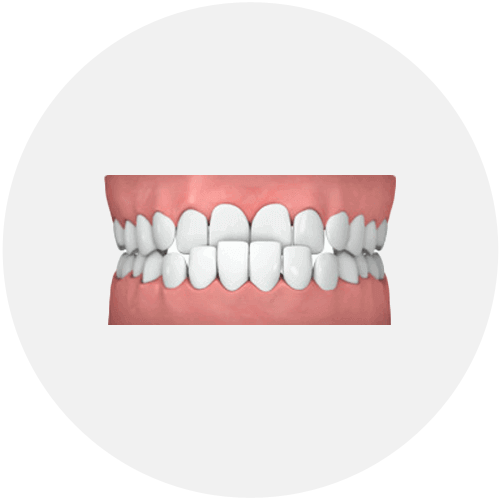
Underbite
When the lower jaw sticks out past the upper jaw, it’s known as an underbite. This can happen if the jaws don’t grow at the same rate. Early treatment can be beneficial because if an underbite is severe, it can cause a host of problems including sleep apnea and difficulties with chewing and speaking.
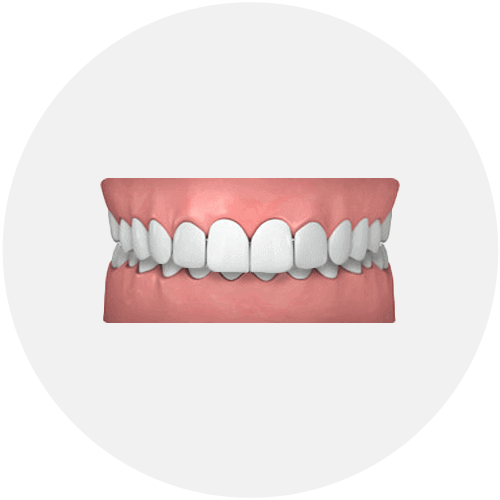
Upper Front Teeth Protrusion
This is doctor speak for when the top front teeth stick out. It can be because they’re positioned too far forward or the lower teeth are too far back. While it might make you dislike the appearance of your smile, it also puts the teeth at greater risk for injury.
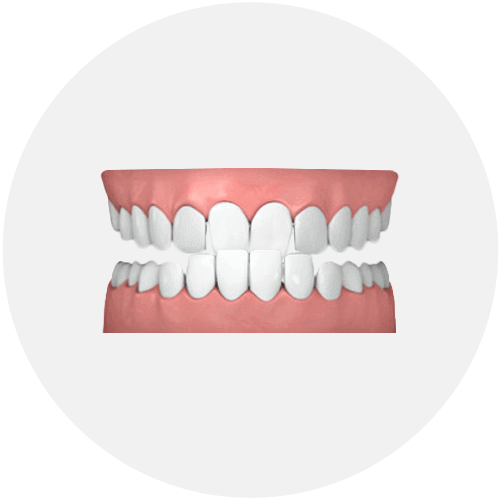
Crossbite
A crossbite is when the upper teeth are behind the lower teeth either in the back (posterior crossbite) or the front (anterior crossbite). People tend to compensate by moving the jaw to the side or forward, which can cause permanent changes to their bone or facial structure. It’s usually genetic or caused by habits including thumb sucking and nail biting.

Overbite
Overbite, also known as overjet, is characterized by upper front teeth that stick out too far past the bottom front teeth. It makes your top teeth more susceptible to injury, is sometimes associated with a “gummy” smile and can cause excessive wear of the enamel.
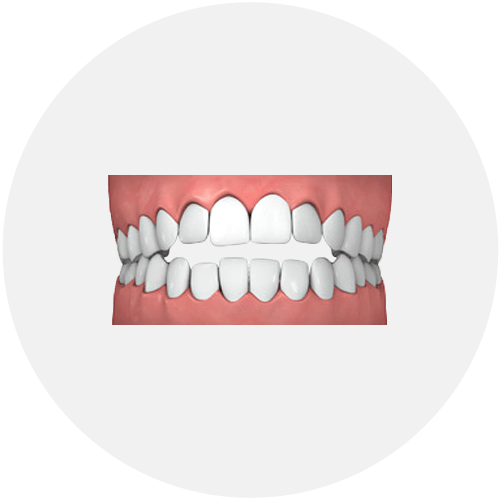
Openbite
When a patient has an openbite, their upper and lower front teeth don’t meet when the jaws are closed which can seriously affect their ability to chew. Habits like tongue thrusting and thumb sucking as well as genetics could be the culprits behind it. This is a case that’s best addressed early, particularly if it’s due to a skeletal irregularity, so we can avoid surgery.
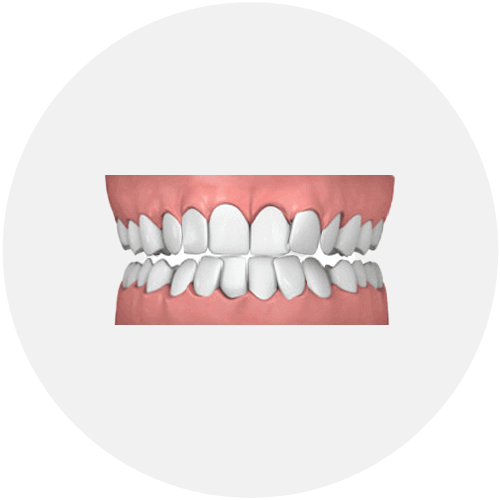
Crowding
When there isn’t enough space in the jaw to accommodate all of your teeth, crowding occurs. Teeth might protrude or overlap, which makes them harder to clean and may cause you to feel self-conscious about your smile. Crowding could be due to a problem with the tooth to jaw size relationship or the primary teeth falling out too early.
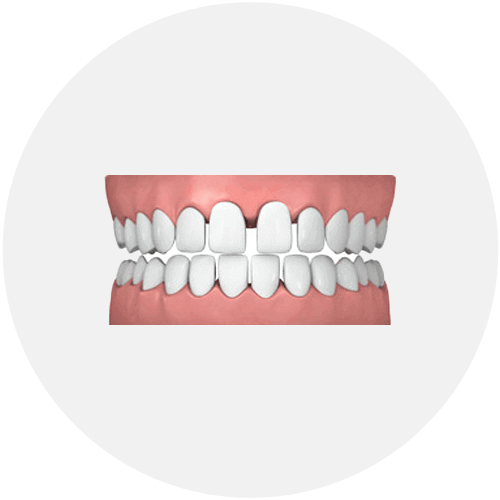
Spacing
Spacing is the opposite of crowding and entails gaps between the teeth. In these cases, there’s too much room in the jaw and the teeth can’t fill all of the space. It can be thanks to genetics, narrow teeth or even habits like thumb sucking. Spacing is associated with gum disease and bone loss so it’s important to address.